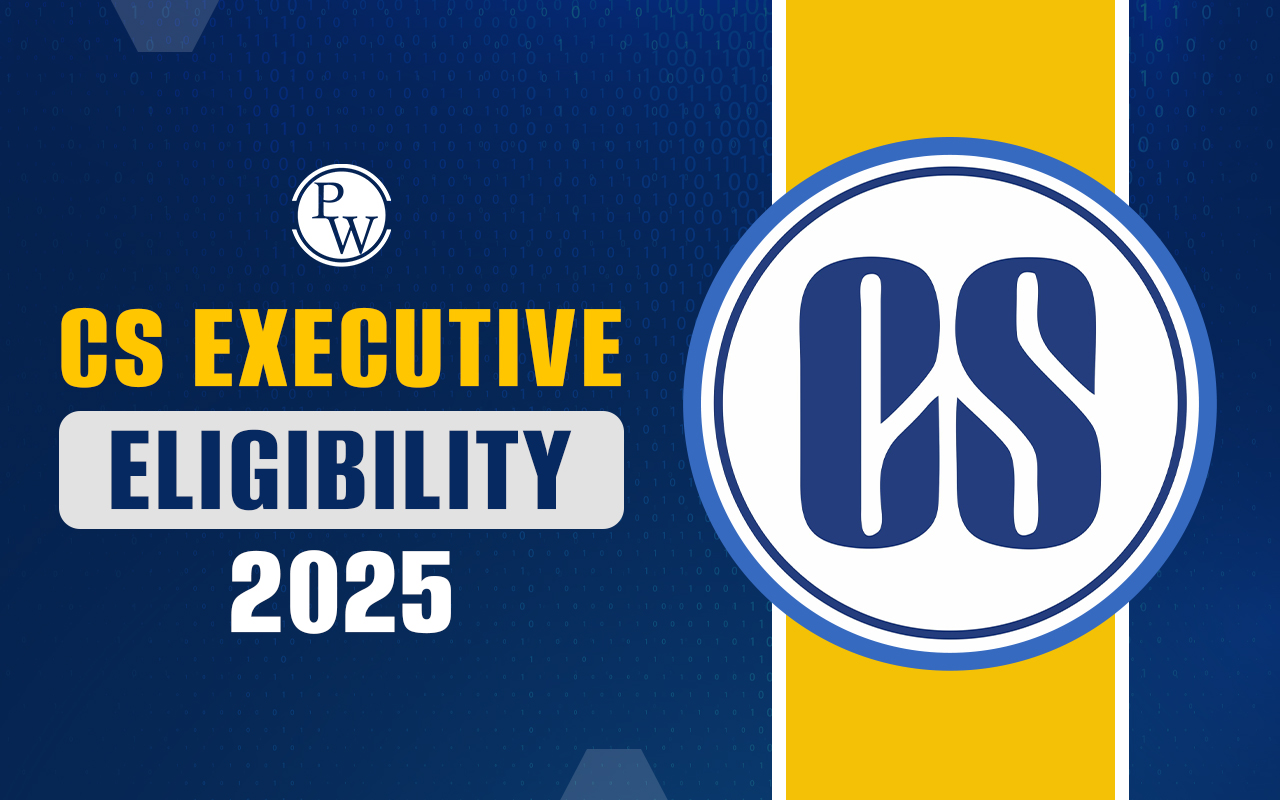
The role of corporate governance in preventing financial scandals is not merely regulatory but serves as a strategic framework that aligns the interests of various stakeholders. It creates a structured system where the board of directors, management, shareholders, and other stakeholders operate within well-defined roles and responsibilities. Through the enforcement of checks and balances, corporate governance acts as a safeguard against fraudulent activities, mismanagement, and unethical decision-making.
Understanding Corporate Governance
Corporate governance refers to the system of rules, practices, and processes by which a company is directed and controlled. It includes the mechanisms through which companies and their decision-making bodies ensure accountability, fairness, and transparency in their relationships with stakeholders. The role of corporate governance in preventing financial scandals lies in these principles, ensuring that organizations function in a manner that avoids financial irregularities.
Boards of directors play a central role in ensuring strong governance. Their responsibilities include overseeing company strategy, appointing senior executives, monitoring financial performance, and ensuring compliance with laws and regulations. An effective board is diverse, independent, and regularly reviews internal controls and risk management strategies, further emphasizing the role of corporate governance in preventing financial scandals.
Financial Scandals, The Need for Robust Governance
Over the past few decades, numerous financial scandals have highlighted the disastrous consequences of weak governance. Cases like Satyam in India, Enron in the United States, and Wirecard in Germany serve as stark reminders of the gaps in oversight and the importance of corporate governance. In each of these scandals, the lack of independent board oversight, manipulation of financial statements, and unethical executive behavior led to massive investor losses and long-term reputational damage.
These incidents underscore the role of corporate governance in preventing financial scandals by advocating for greater transparency and internal control. Timely disclosures, independent audits, and an ethical corporate culture are some of the key components that should be embedded in governance frameworks to minimize the risk of fraudulent activities.
Key Components Enhancing the Role of Corporate Governance in Preventing Financial Scandals
An effective corporate governance structure relies on several essential components that work together to ensure ethical business practices and prevent financial misdeeds.
Transparency: Open communication and clear reporting standards help stakeholders make informed decisions. The role of corporate governance in preventing financial scandals becomes effective when companies adopt full disclosure policies.
Accountability: Directors and executives must be held accountable for their actions. Independent audit committees and regulatory oversight ensure that decision-makers are answerable to shareholders.
Ethical Leadership: Corporate leaders must set the tone from the top. Ethical behavior and a strong code of conduct are essential for preventing misconduct.
Risk Management: Identifying, assessing, and mitigating financial and operational risks are vital. The role of corporate governance in preventing financial scandals is supported through comprehensive risk assessment policies.
Stakeholder Engagement: Companies must engage with all stakeholders—shareholders, employees, customers, suppliers, and regulators—to maintain trust and credibility.
Role of Corporate Governance in the Indian Context
In India, corporate governance's role in preventing financial scandals has gained momentum with regulatory reforms introduced by the Securities and Exchange Board of India (SEBI) and the Companies Act. These reforms emphasize board independence, the formation of audit committees, disclosure norms, and whistleblower mechanisms.
For instance, post-Satyam scandal, SEBI introduced stricter corporate governance norms, ensuring that listed companies maintain transparency and protect investor interests. This strengthened the role of corporate governance in preventing financial scandals by institutionalizing a culture of compliance.
Technology and the Role of Corporate Governance in Preventing Financial Scandals
With the advancement of digital tools, corporate governance practices have evolved to include technological interventions such as automated audit trails, blockchain, and AI-powered compliance systems. These tools help detect anomalies, ensure real-time monitoring, and support regulatory reporting. Technology thus enhances the role of corporate governance in preventing financial scandals by minimizing human error and increasing system accountability.
Challenges in Implementing Strong Governance
Despite the recognized benefits, several challenges hinder the implementation of effective governance frameworks. These include:
- Lack of board diversity and independence
- Resistance to transparency
- Inadequate internal audit systems
- Weak enforcement of regulatory provisions
Addressing these challenges is critical to reinforcing the role of corporate governance in preventing financial scandals.
The role of corporate governance in preventing financial scandals cannot be overstated. It serves as the foundation for building trust, maintaining ethical standards, and ensuring the long-term sustainability of businesses. As global markets become increasingly interconnected and stakeholders demand more accountability, strengthening corporate governance frameworks is essential.
Organizations that invest in robust governance systems not only safeguard themselves against financial malpractices but also enhance their reputation and operational efficiency. As companies continue to grow and evolve, the role of corporate governance in preventing financial scandals will remain a cornerstone of corporate success and stakeholder trust.
Join PW CS Online Courses and build a strong foundation in corporate laws and governance with structured learning and dedicated support.
Role of Corporate Governance in Preventing Financial Scandals FAQs
What is the role of corporate governance in preventing financial scandals?
How does corporate governance help in avoiding financial mismanagement?
Why is the role of corporate governance in preventing financial scandals important in India?










